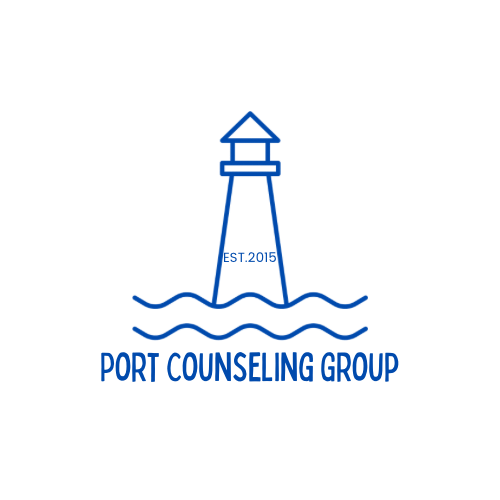SupPORT for ADHD
Attention-Deficit/Hyperactivity Disorder (ADHD) is a neurodevelopmental disorder characterized by persistent patterns of inattention, impulsivity, and hyperactivity that significantly impair daily functioning. Individuals with ADHD may struggle with focus, organization, time management, and impulse control, impacting various aspects of their lives, including relationships.
Our therapists provide a safe and empathetic space for exploring the impact of ADHD on relationships and functioning, utilizing evidence-based interventions to promote effective communication, emotional regulation, and the ability to perform well in academic and professional settings.

Signs of ADHD in Adults
Difficulty Concentrating: Adults with ADHD often find it challenging to sustain attention on tasks, leading to incomplete projects and missed deadlines.
Impulsivity: Impulsive behaviors such as interrupting others, making hasty decisions, or engaging in risky activities are common.
Disorganization: Chronic disorganization in work, home, or personal life can manifest as messy spaces, missed appointments, and forgetfulness.
Restlessness: Adults with ADHD may experience a constant sense of restlessness, difficulty relaxing, or a need for constant stimulation.
Emotional Dysregulation: Mood swings, difficulty managing emotions, and heightened sensitivity to criticism or rejection are typical.
Signs of ADHD in Kids
Inattention: Children may struggle to follow instructions, complete tasks, or pay attention to details, often leading to academic underachievement.
Hyperactivity: Excessive fidgeting, difficulty staying seated, and running or climbing excessively, even in inappropriate situations, are common signs.
Impulsivity: Acting without considering consequences, interrupting others, or blurting out answers before questions are completed are prevalent in children with ADHD.
Forgetfulness: Forgetfulness regarding daily activities, losing items frequently, and being easily distracted by external stimuli are typical.
Difficulty with Organization: Trouble keeping belongings in order, messy rooms, and difficulty organizing tasks and activities are often observed.
Signs You May Benefit From Therapy for ADHD
Impact of ADHD on Relationships
ADHD can significantly strain relationships due to the challenges it poses in communication, emotional regulation, and organization. Some common impacts include:
Communication Issues
Inattention and impulsivity can lead to misunderstandings, frequent interruptions, and difficulty in active listening, which can strain communication between partners, family members, or colleagues.
Responsibility Imbalance
Disorganization and forgetfulness can result in one partner taking on a disproportionate share of household responsibilities or feeling neglected, leading to resentment and frustration.
Emotional Regulation
Mood swings and sensitivity to criticism can lead to conflicts and emotional distress within relationships. Partners may struggle to understand and cope with the unpredictable emotional responses of the individual with ADHD.
Difficulty w/Planning & Execution
Challenges in planning, time management, and follow-through can lead to missed appointments, forgetfulness of important dates, and inconsistency in fulfilling commitments, affecting trust and reliability in relationships.
How Therapy at PORT Works
-
Inquire
Use our online contact form and let us know which of our Therapists you would like to work with. We will promptly connect you to your preferred provider for your brief free phone consultation. We want to go the extra mile to make sure you feel comfortable from the start.
-
Get to the Root
Your therapy will likely start out with having sessions either weekly or biweekly. With your Therapist, you will get a better understanding of your presenting concerns and how they came about. Your therapist will also help you assess your level of coping and teach you additional strategies.
-
Do the Work
The bulk of your experience will be in doing the work, both in & out of sessions. You will work through implementing techniques to improve your mood and engagement in relationships in session, while completing tasks assigned by your therapist to further your progress.
-
Have Better Relationships
This is the point where you get to be #RelationshipGoals. You are having fewer therapy sessions and experiencing emotional healing from past relationship trauma. You are in a place where you are feeling more competent to handle whatever comes next.






